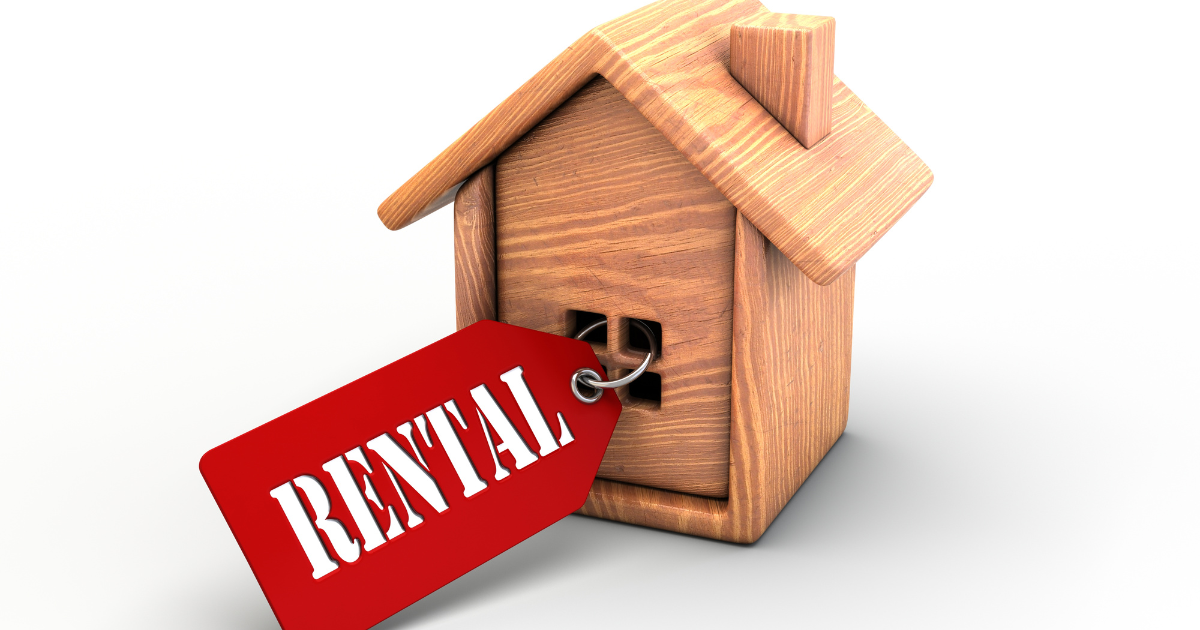The ABCs of Rental Licenses in Philadelphia
All residential landlords in Philadelphia must ensure that they comply with local rules governing the landlord-tenant relationship. Most importantly,...
1 min read
Alan Nochumson : Oct 6, 2022 9:00:00 AM

Under a new law, commercial landlords in Philadelphia are now required to provide disclosures to prospective tenants about the allowable uses of the leased premises before a lease arrangement may be consummated between the parties.
Specifically, the new law prohibits landlords in Philadelphia from binding a prospective tenant into a lease arrangement until that prospective tenant has been afforded the opportunity to determine the allowable use of the commercial property under the Philadelphia Zoning Code after receiving the following disclosures:
The required disclosures listed above must be followed unless (a) the tenant is represented by an attorney or a real estate agent duly licensed in the Commonwealth of Pennsylvania at the time the terms and conditions of the lease arrangement are presented to the prospective tenant, or (b) the landlord and the prospective tenant mutually agree upon a different review period by a separate writing signed and provided to both parties.
The new law affords the prospective tenant with a private right of action against the landlord if the landlord fails to comply with it. In the private right of action, a prospective tenant may recover, for each violation, actual damages (including punitive damages) not to exceed $2,000 per violation, reasonable attorneys’ fees and court costs, and such other relief, including injunctive relief, as the court may deem appropriate under the circumstances.
Please feel free to contact Alan Nochumson at either (215) 600-2851 or alan.nochumson@nochumson.com if you wish to learn if a property in Philadelphia is subject to a pending ordinance.

All residential landlords in Philadelphia must ensure that they comply with local rules governing the landlord-tenant relationship. Most importantly,...

The City of Philadelphia’s Department of Licenses and Inspections (L&I) has embarked on a new phase of governmental enforcement aimed at addressing...

Beginning in late 2020, the City of Philadelphia began requiring landlords operating rental properties to obtain lead certificates in order to obtain...